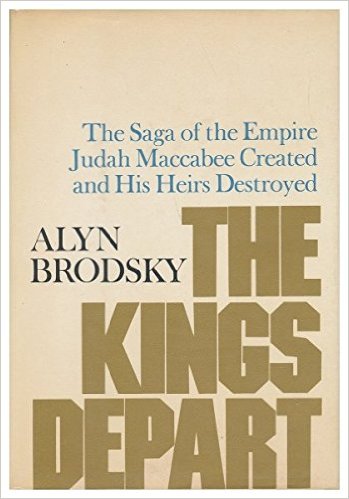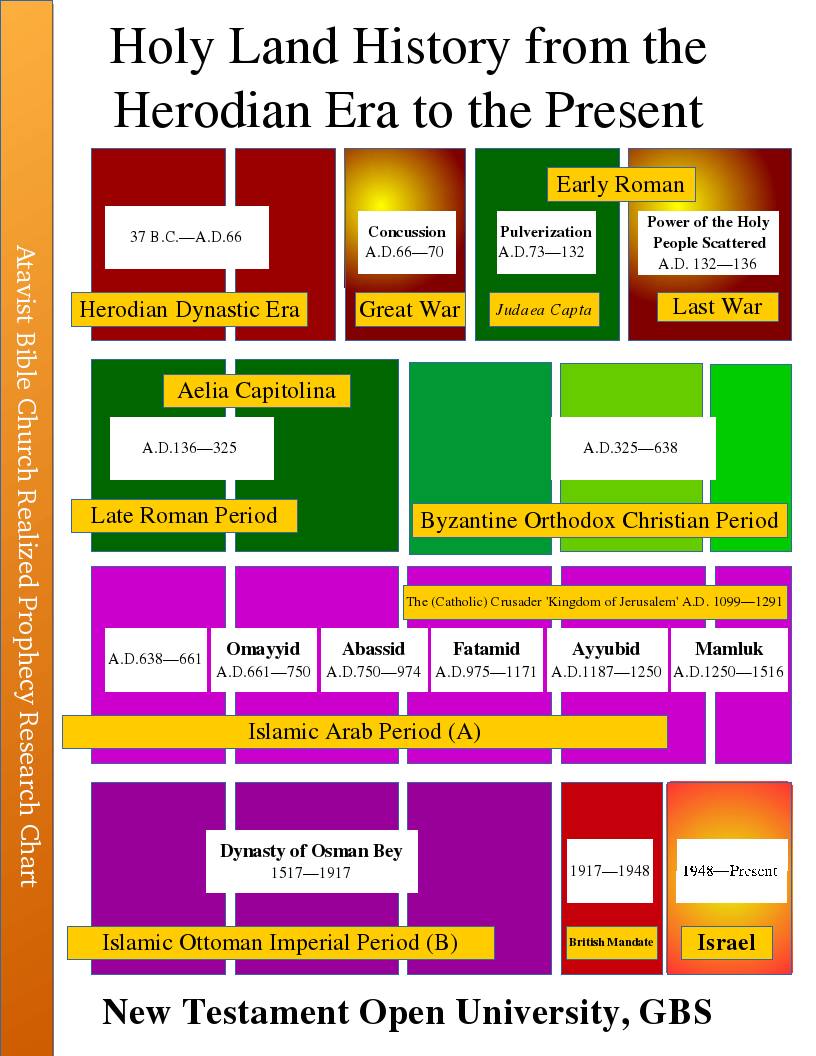Into the Light:
The Festival of Hanukkah

"Now upon the same day that the strangers profaned the Temple, on the very same day it was cleansed again, even the five and twentieth day of the same month, which is Casleu. And they kept eight days with gladness, as in the Feast of the Tabernacles, remembering that not long before they had held the Feast of Tabernacles, when as they wondered in the mountains and dens like beasts. Therefore they bare branches and fair boughs, and palms also, and sang songs unto Him that had given them good success in cleansing His Place. They ordained also by a common statute and decree, That every year those days should be kept of the whole nation of the Jews" (2 Maccabees 10:5-8).

This is an entertaining book, but not your father's biblical history. This book was written about 30 years ago, but this is not a serious impediment as the original histories on which this book is based are over 2000 years old and the most comprehensive modern history is about 100 years old.
Jewish and Christian histories paint the Maccabees as great heroes. Brodsky paints a more complex picture, showing their many faults and excesses. He explains their victories (and those of their subsequent Hasmonaean descendants) more in terms of the ineptitude of their adversaries than their skill. Furthermore, he lays much of the calamitous history of the Jewish people, from the time of the revolt of Maccabees to the fall of the second temple, at their doorstep; either as a direct result of the actions of the  Hasmoneans or as indirect consequences of these actions.
Hasmoneans or as indirect consequences of these actions.
The 500-hundred-year story of the Middle East, from the return of the Jews from their Babylonian exile to the destruction of the second temple, is incredibly complex. Indeed, it is a thousand times more complex than the most complex soap opera ever written. This is a history not only of the Jews of Judea, but also of the Ptolemies and Seleucids (who inherited the empire of Alexander the Great), with additional inputs from the Nabateans, Parthians, and finally the Romans. This is a story of intrigue, murder, incest, and every other possible vice imaginable.
It is the story of the conflicts between the Hellenizers and those who resisted the inroads of Greek culture. It is the story of the conflicts between the Sadducees (who represented Temple Judaism) and the Pharisees (who represented the Rabbinic tradition developed during the Babylonian exile). It is the story of an uncountable number of kings (many with the same names, distinguished only by roman numerals), and schemers of all sorts. You may not agree with Brodsky's thesis that the various dynastic and internal religious conflicts led to untold misery, and eventually to the destruction of the Jewish states that were created during this period, but you will enjoy his telling of the story.
Source: Amazon.com

